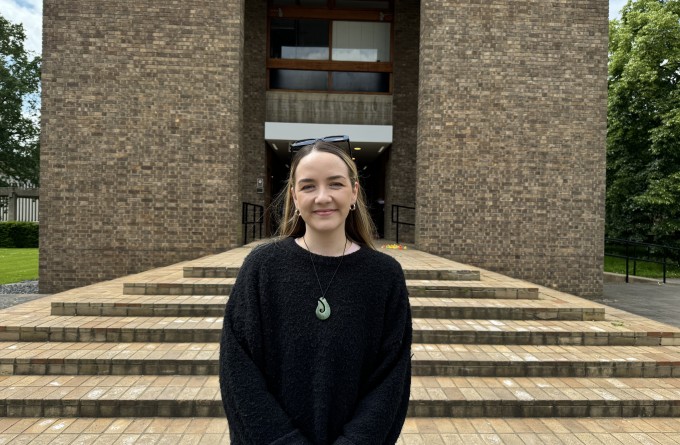8 April 2022
A clinical study investigating immune responses to the Pfizer vaccine in New Zealanders at risk for COVID-19 disease has provided reassuring results says Dr Fran Priddy, the Executive Director of Vaccine Alliance Aotearoa New Zealand – Ohu Kaupare Huaketo (VAANZ).

The study, Ka Mātau, Ka Ora (from knowledge comes wellbeing) – the largest evaluation of COVID-19 vaccine immune responses in Māori and Pasifika – showed near universal strong immune responses in New Zealand vaccine recipients, after two doses.
“The results are reassuring given the study represented some of those New Zealanders most at risk for COVID disease – older adults, Māori, Pacific peoples, and those with co-morbidities like diabetes, obesity or heart disease,” says Dr Priddy. She notes it did not evaluate immunocompromised people.
“These results can give confidence to everyone who has received the Pfizer vaccine and those still undecided about getting vaccinated or boosted that this is an effective vaccine.”
The study assessed immune responses to the Pfizer-BioNTech vaccine in people with no prior exposure to COVID-19 28 days after second vaccination, evaluating the ability of vaccine-induced immune responses to neutralise viral variants.
“Antibody responses overall were robust and consistent with international data, and reassuringly were not related to ethnicity, gender or to overweight/obesity,” says Dr Priddy.
Similar to international data, neutralising responses to the Omicron variant were very low compared to the original strain, on which the Pfizer vaccine is based, and the Delta variant. This reinforces the need for people to get boosted says Dr Priddy.
Dr Priddy says reduced antibodies were also associated with age, with older groups having lower but adequate responses. “People 75 years and over had the lowest responses, but this was not unexpected. We know from international data they are at risk for decreasing antibody levels over time, which is why a booster dose is recommended.”
People with type 2 diabetes also had lower but sufficient antibody levels, independent of ethnicity or body mass index. “As the pandemic continues to evolve, older adults and people with diabetes should be included when considering policy decisions about additional booster doses,” says Dr Priddy.
The ongoing study is assessing response to boosters, durability of responses and T-cell immune responses.
Malaghan Institute Clinical Immunologist Dr Maia Brewerton says ongoing research will be important to monitor the difference seen in the immune response in our population following a booster dose, as more New Zealanders develop infection-induced or ‘hybrid’ immunity and as new variants arise.
“Not all antibodies are created equal and neutralising antibodies are particularly important because they can block the entry of the virus into host cells and prevent infection.”
She says while the study showed no difference in the antibody immune response in Māori when compared to non-Māori, the rates of infection and hospitalisation from COVID-19 remain higher amongst Māori and Pasifika.
“The importance of driving up vaccination rates and correcting health and social inequities to reduce the burden of disease amongst these groups remains critical.”
Immunogenicity of BNT162b2 COVID-19 vaccine in New Zealand adults
Related articles

Winter and the immune system
23 June 2025

New research group taking aim at ageing immunity
20 June 2025

Dr Michelle Linterman: Asking the age-old question
30 April 2025

As easy as breathing: the future of vaccines
31 October 2024

Fever: too hot to handle or the body's first line of defence?
22 August 2024

Rejuvenating the ageing immune system
17 July 2024
